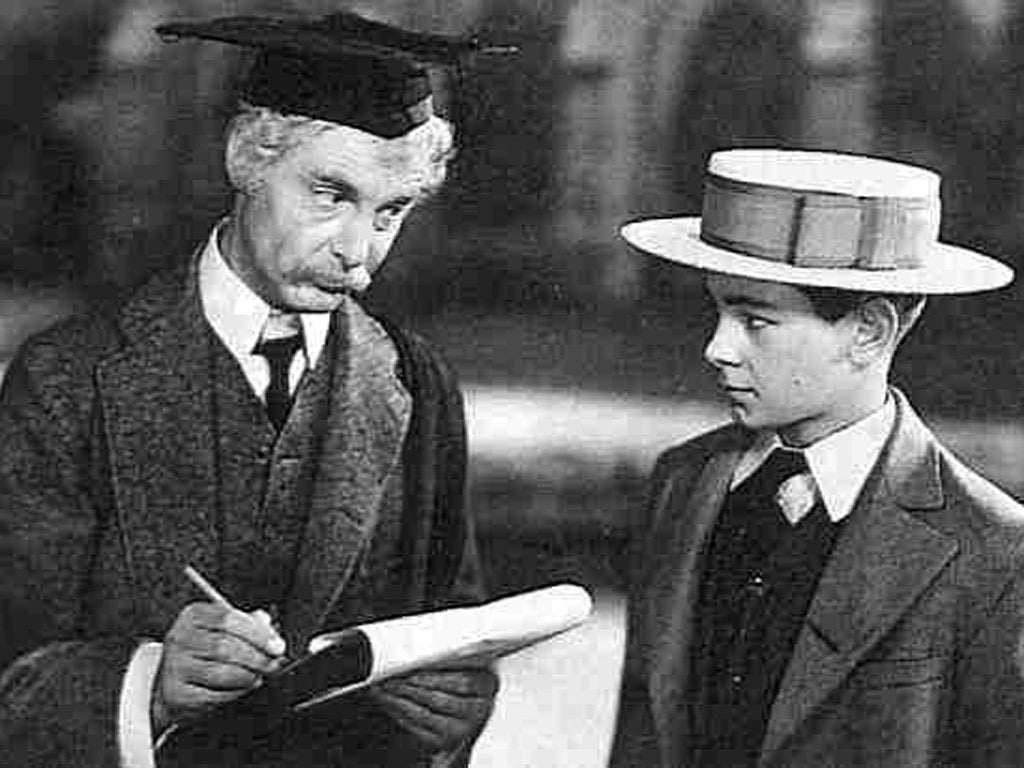Should the Government retrain retired people as teachers?
Alice-Azania Jarvis wonders how elderly sirs and misses will go down with today's kids

While teaching a recent GCSE physics class about the transformation of energy, Dominic Moorhouse illustrated his lesson by recounting how a Challenger 2 battle tank converts chemical energy, in the form of diesel, into electrical energy as it powers up and, finally, kinetic energy as it hits the road.
What might have been a run-of-the-mill science lesson became, for the students at the West Sussex all-boys school where Moorhouse works, something altogether more exciting.
"If you demonstrate how a subject is used, you show that it's more than something to be memorised for a test," he says. "And boys love army things."
Moorhouse was drawing on his 20 years' experience as a mechanical engineer in the army. He didn't train to be a teacher until he was 49 – and didn't begin teaching until he was 51. Though his age made him unusual among his fellow trainee teachers, it also, he says, offered an advantage: "I can talk about how science is used in the real world."
James Williams, a lecturer in science education at Sussex University, says an increasing number are coming to the profession late in life. "The average student used to be in their 20s," Williams says. "Now they're in their 30s, with some in their 50s."
Still, if the Government followed through on a proposal this week to encourage retirees to retrain and undertake second careers in education, it would initiate a dramatic shift in the profile of the typical teacher. Currently, nearly a third of teachers are under 30.
Even at 53, Moorhouse is a decade younger than the pensioners who'd be targeted under the "Teach Seniors" scheme reportedly put forward by the Conservative Party's influential 2020 Group of MPs.
Reaction to that proposal has been mixed. Training teachers is an investment; in England, nearly 40 per cent of new starters leave the state system within six months. The older the teacher, the shorter his or her potential career. Christine Blower, the general secretary of the National Union of Teachers, has declared it to be "blatantly impractical".
Nonetheless, is there something to be said for embracing more teachers with the gravitas, the wisdom, that age can bring?
Maria Warren, 65, believes so. She retired from teaching secondary physics aged 56. Within a year, she became restless. Now she teaches at the Royal Hospital School in Suffolk – and has no plans to stop soon.
"There's a respect for older people," she says. "Pupils listen to you in a way they might not otherwise."
She does, however, warn that the physical demands of the job are considerable: "Teachers work all hours God sends. If you have experience, you'll have coping strategies – if you're just starting, you'll need a lot of energy."
Meanwhile, Jonathan Allen, of the University of London's Institute of Education, warns that there can be a tendency, among late starters, to assume that teaching is an act of benevolence – rather than a full-time job with all the demands of one.
Allen says: "You get some who talk in terms of 'giving back to society', when in fact they should be thinking of it as a career in itself, in which they will be working with other professionals."
Another potential problem is presented by the shift in classroom culture that has occurred over the past few decades. The rise of social media and the ubiquity of mobile technology among students has created a whole new sphere of interaction. Bullying, for instance, occurs not just in the playground – but online, too.
For pensioner trainees entering the classroom for the first time since they were pupils themselves, this could be disorientating, cautions Williams. "Kids can seem like foreigners," he says. "The language is different, their priorities are different."
The flipside, he says, is that in fact a bit of generational distance is not necessarily a bad thing. A teacher so tech-savvy that they live-tweet a Friday night out is unlikely to command as much respect. "You get the teachers who are so young and in tune with students that they end up seeming more like a friend than an authority figure," he says.
Ultimately, of course, what separates good teachers from the bad one is not just age, or physical stamina, or familiarity with technology. It is their ability to teach, to fire the imagination of the pupils – a quality they will either have, or not, regardless of age.
As Maria Warren puts it: "Do pensioners have something to offer? Well, that just depends on which pensioner you mean."
Subscribe to Independent Premium to bookmark this article
Want to bookmark your favourite articles and stories to read or reference later? Start your Independent Premium subscription today.

Join our commenting forum
Join thought-provoking conversations, follow other Independent readers and see their replies